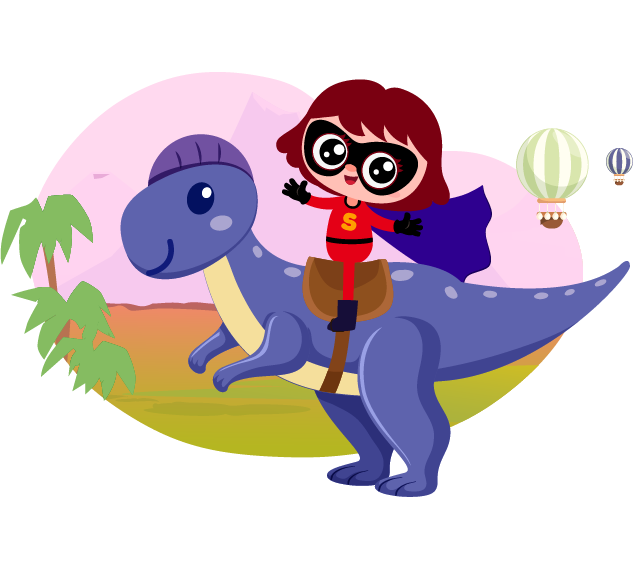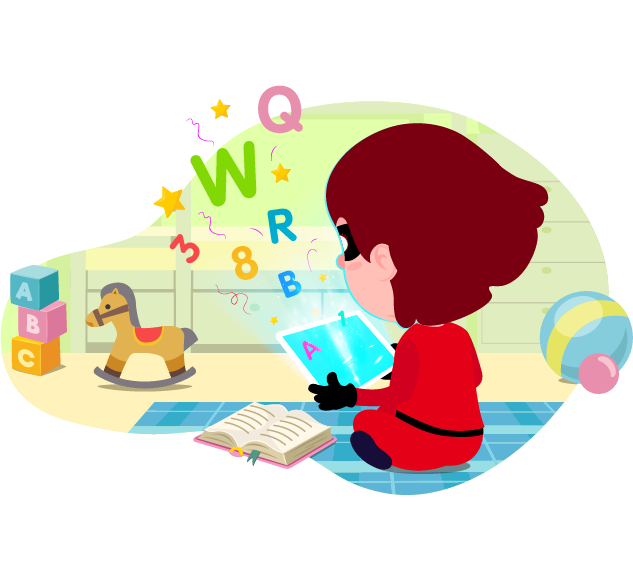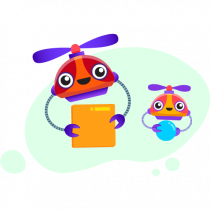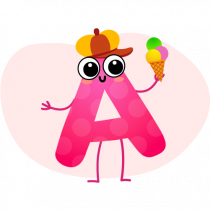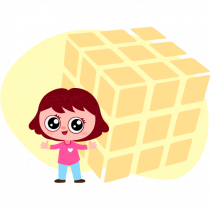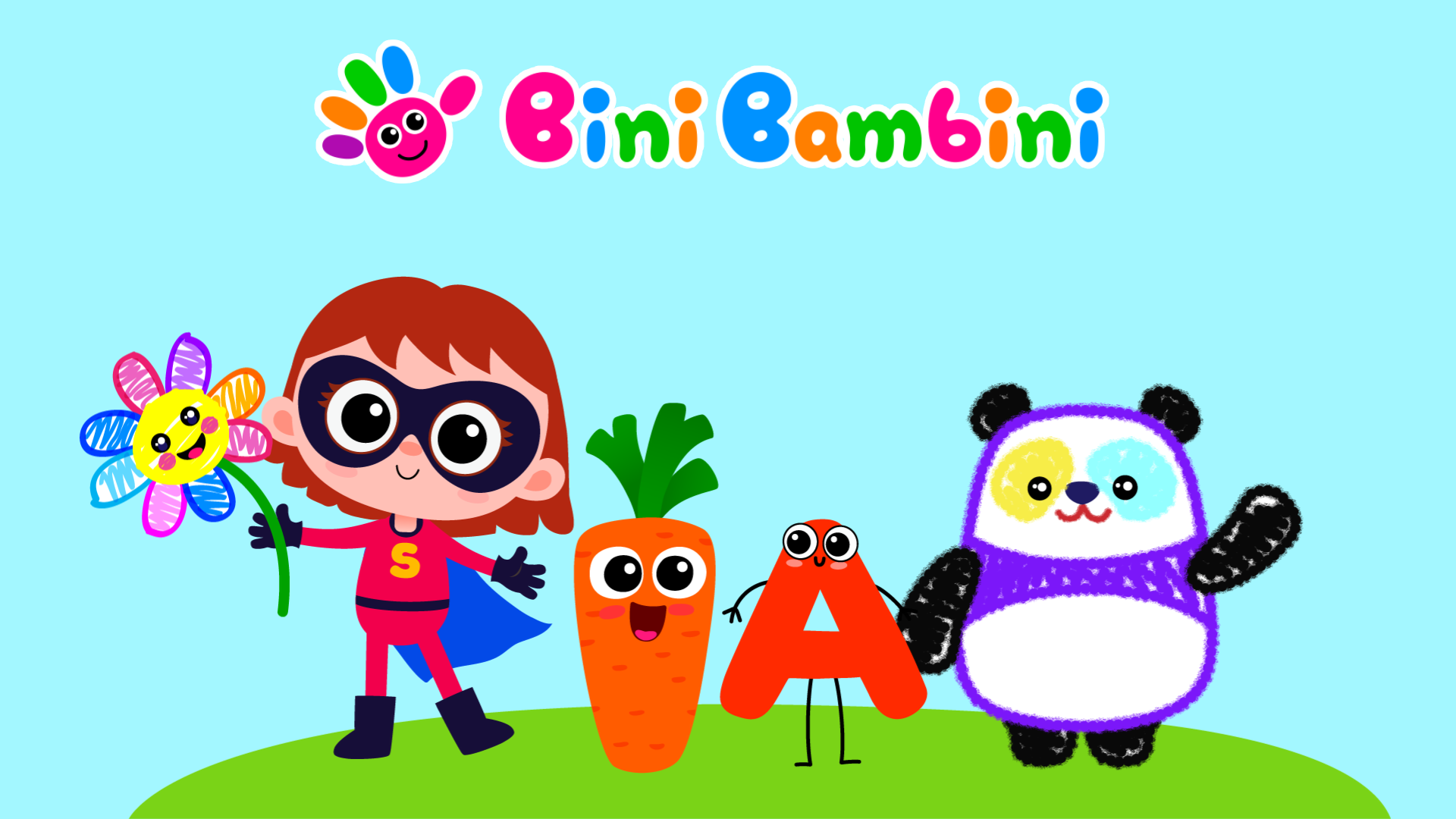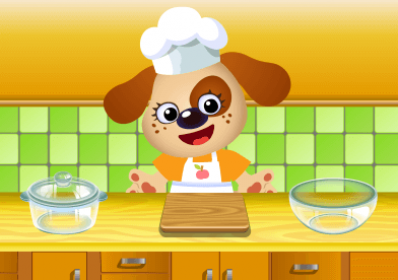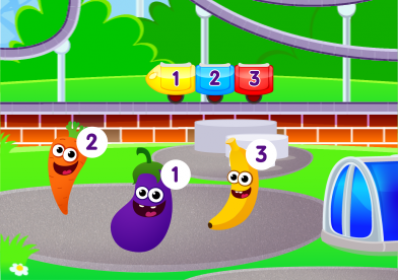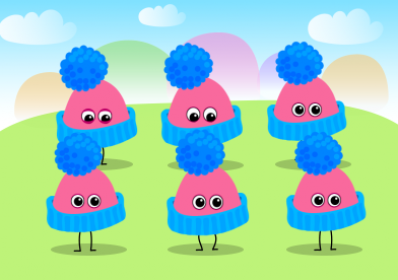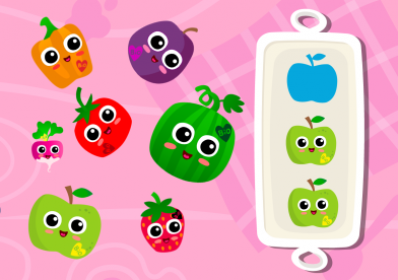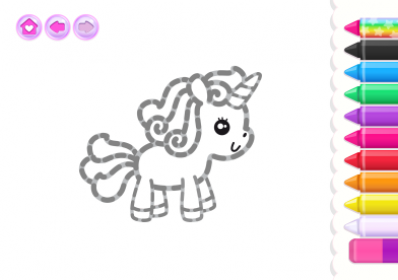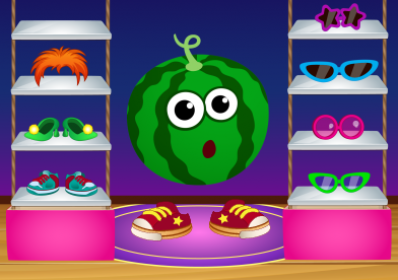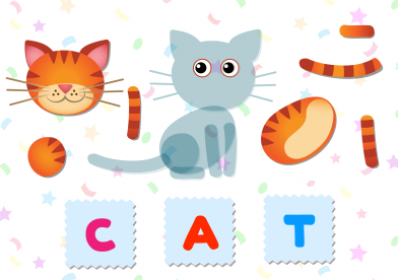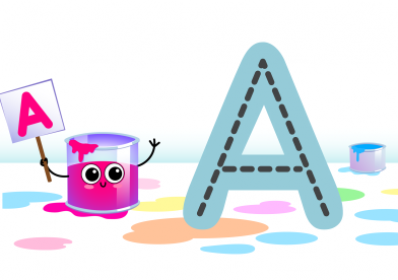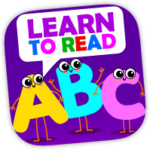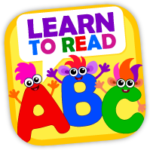Learning games for toddlers
Preschool games for kids
Game is the main way a child interacts with the world.
The gaming approach has established itself as the most effective.
Any child quickly gains knowledge and develops skills through children’s games.
Educational games for preschoolers are a universal key
to discovering the world and learning.
Kindergarten games. Are schooling and gaming connected?
You have surely seen children who do not want to study in the first grade.
The possible reason for this is the parents, who want to achieve
some knowledge when the child is not in the mood.
Perhaps the kid simply does not understand the material and gets bored.
To avoid this, we suggest using preschool learning games for kids & toddlers.
This will preserve the natural learning propensity.
Learning apps for toddlers.
At what age should you start?
Developing a child from a very early age means using the natural process of cognition,
weaving into it the information and skills necessary for a kid.
Although there is no definite answer to the question about the right age for a child to start with kindergarten games,
most experts recommend starting to use such games for babies
exactly after 2 years, when the child has conscious actions.
Educational games for preschoolers. It’s safe?
Yes! Choose preschool games for kids! We recommend parents actively participate in the game process.
Let playing time be time spent together. If you need to go to the kitchen or relax for a few minutes,
you can be sure that all Bini Games learning apps for toddlers are safe.
We provide:
- – parental control,
- – no third-party advertising in paid versions of the game,
- – content created by preschool education experts
Games for children 5 years old.
Preparing for school at home. Is it possible?
Sure! Bini Games learning games for toddlers cover a variety of educational topics
- – from acquaintance with letters to independent reading,
- – from numbers of the first ten to problems with fractions,
- – from logic puzzles to creative thinking.
Games for children 5 years old Bini Games is hundreds of hours of exciting games and constant updates.
Are educational games for kids expensive?
No! We offer you to try our free games for 4 year olds.
Each application has open minigames or levels, there is an opportunity to use a free trial,
and our social medias are always full of useful tips and materials for caring parents!
If you are looking for learning games for toddlers – you are on the right track!
Teach children with a smile and love and they will learn with joy and laughter..





